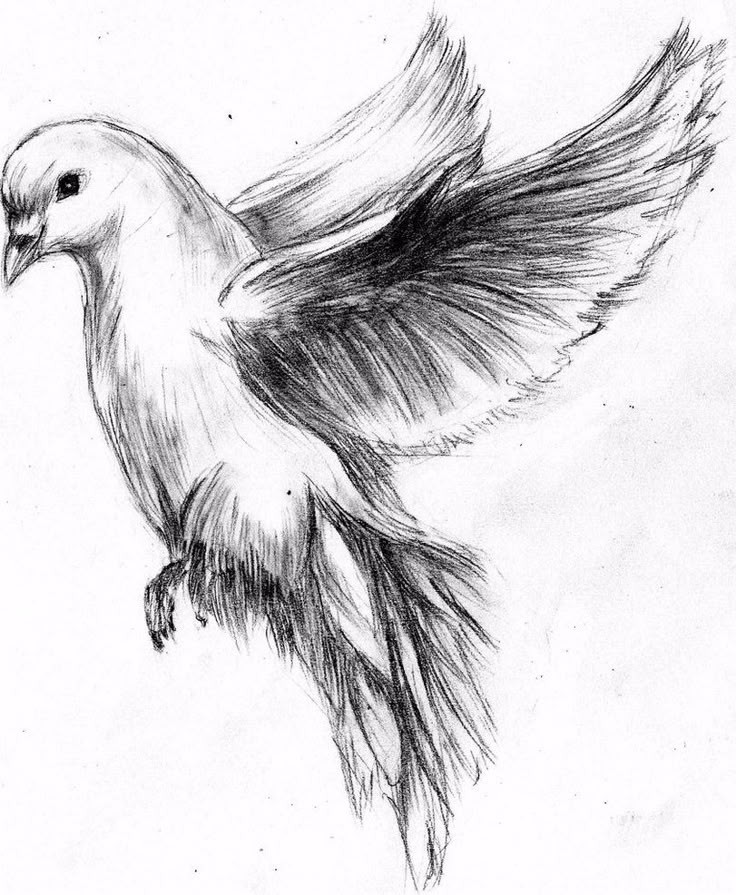
I just had a long day. This time, it felt personal. It contradicted my past experiences—especially when the values I once learned and trusted were questioned.
So, let me write this—with the intention to clear my sight, and maybe, in some small way, to make an impact on the reader.We grew up as children with all the love we received. It built up, day by day. And even when the lessons had passed, we still needed time—or a certain life phenomenon—to reach the "aaah, I see" moment.
That’s why we change. That’s how we grow into new versions of ourselves. That’s what we often call maturity. And it is a fact: education is only truly successful when it’s agreed upon internally—without coercion.
No education truly succeeds unless it’s embraced from within. And this isn’t just a poetic idea—it’s backed by science. A 2024 meta-analysis by Wang et al. found that when students are supported to feel autonomous and competent, their intrinsic motivation rises by 58%—along with their engagement and performance. Another global review by Howard et al. (2021), covering over 223,000 students, showed that intrinsic motivation and internalized values have the strongest connection to achievement, well-being, and resilience in learning—far more than grades or pressure.
Even earlier, Deci and Ryan (1999) warned that excessive external rewards could reduce intrinsic motivation by up to 40%, especially when those rewards take control away from the learner.So yes—people don’t grow when they’re told to. They grow when they realize something for themselves. That’s the kind of transformation that sticks.
That’s the kind of education that works.Maybe this reads like an informal journal. But we already know that education in the past was a bit different—built on loyalty and discipline, packaged in feudal styles and rigid goals. But time has changed, and we need to evolve with it.I feel a strong concern about this.
Maybe it will sound a bit emo, but I want to express it clearly and consistently.For people born between 1990 and 2000, we may have experienced that feudal approach ourselves—and now, some of us find it hard to stay grounded when dealing with today's children, even though we do understand and agree with modern values.We have to accept that we don’t know everything—because everything is always changing. Swimming in the ocean with every kind of wave teaches us that breaststroke is okay—slow, steady, and with your head above water. Not everything has to be fast. Not everything has to be won.
Sometimes, just staying afloat and moving forward in peace is enough.And maybe that’s the real kind of maturity we need today—not to dominate, but to accompany. Not to control, but to understand. To choose connection over correction.Because in the end, it’s not about how fast we swim—it’s about how far we’re willing to go, with empathy and awareness in every stroke.We naturally learn through memory—shaped by our parents, teachers, and those around us. But when the past and present collide, it becomes harder to feel like we belong. So we need to accept and be grateful for the newness that emerges.
And if there’s something like a scar from the past that needs psychological attention, we should give ourselves permission to release it.A few days ago, I had an experimental moment. I decided to attend an English Leadership Club meeting that carried the theme “Feel to Heal.” It was Monday at 7 PM—rush hour in Jakarta. Long story short, I arrived and sat in the front row. An experienced psychologist began the session. At first, it felt a bit awkward when he turned on a healing song and asked us to pause. But that feeling came to life when he began sharing a story of the harassment he had experienced.
My stiff face slowly softened. My eyes became sore and moist—like a tree when it rains. I followed his instructions, and I became emotional. Turns out, it all started there. And strangely, he was able to grow from that wound. I slowly drifted into a state of calm. Unexpectedly, it erased the bitterness of that long day.So I now take a new prescription: we all carry scars. Maybe we’ve forgotten them. Maybe we’ve forgiven what happened—but not ourselves. And maybe we haven’t fully recovered. That’s why we need to pause and heal. Whether it’s through comforting rituals, journaling, or just asking ChatGPT how to meditate—it all counts. All healing starts with space.
And finally, one of my favorite ways to think—what has always helped me—is a method called appreciative inquiry. It’s a way of looking at problems from the bright side, from the right angle. We begin to view the bigger picture. We consider both the worst-case scenario and the potential good—and we direct our focus toward that good. Because everything carries dual meanings, and we get to choose the one we focus on. When we do, our attention shifts toward things within our control.
In the end, we come to understand that real education isn’t about pressure or obedience—it’s about internal realization, the quiet “aha” moments that shift us from within. And as we carry wounds from the past—some healed, some forgotten—we must allow ourselves the grace to pause, to feel, and to heal, even if it means revisiting what we thought we had already let go. Because every scar holds a story, and every story can grow into strength. By choosing to see challenges through the lens of possibility—through appreciative inquiry—we take back our power to direct our attention toward what we can control. And maybe that’s the true act of maturity in today’s world: not to force outcomes, but to stay present, to stay soft, and to move forward with awareness, gratitude, and gentle hope.